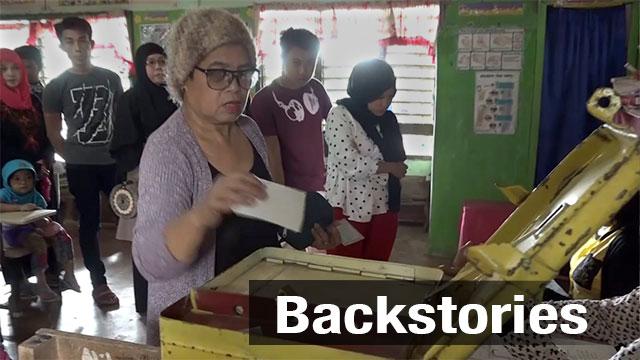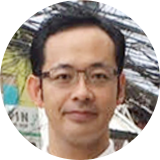A long-awaited vote
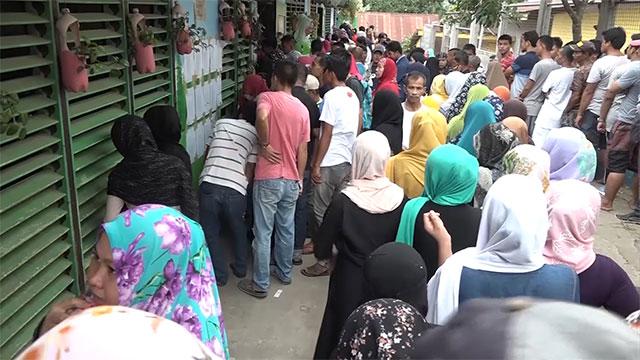
The historic vote took place on January 21st in two key cities and five provinces in and around the island of Mindanao. People enthusiastically gathered at polling stations and cast ballots. Residents I spoke to said they voted for autonomy because they believe it can lead to peace and prosperity.
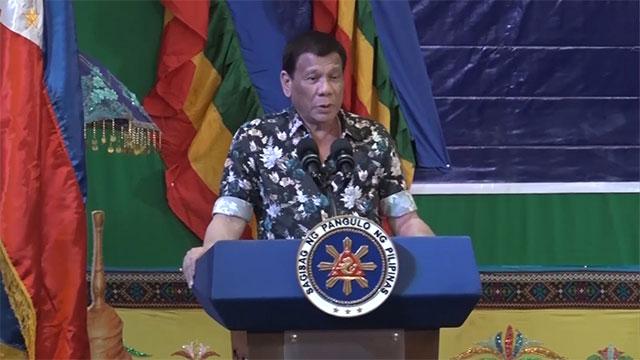
President Rodrigo Duterte encouraged locals to vote for autonomy during a visit. He said in a speech, "We must stand together. We must stand together against violence."
The election commission announced that residents in most of the areas voted for an autonomous government. Dozens of other municipalities will also vote on February 6th, with final results expected to be announced in the coming weeks.
History of confrontation
90 percent of Philippines' population is Christian, but the country's south, including Mindanao Island, has a large number of Muslim residents. The region was once ruled by Muslims called Moro and they refer to the area as Bangsamoro.
But the Spanish conquest and settlement by Christians turned Muslims into a minority on the island. The Muslim separatists have fiercely clashed with government forces since the 1970s.
The largest militant group is MILF, or Moro Islamic Liberation Front. It was once a deadly foe to the Philippine government, staging countless terror attacks.
After decades of negotiations, a landmark peace agreement was signed between MILF and the government in 2014.
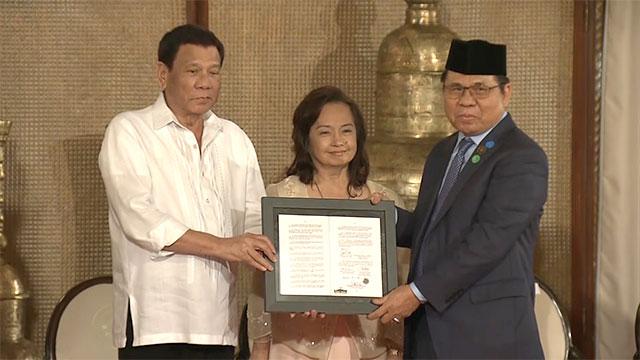
Last year, the president signed the Bangsamoro Organic Law, referred to as BOL, which is seeking approval by each province and city in the polls. This time, the government and MILF are fully cooperating in the polls. One striking scene I encountered during the visit was that the soldiers from the national armed forces and MILF fighters were jointly guarding the polling stations.
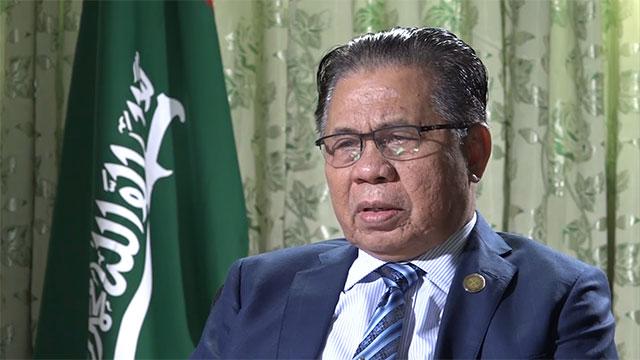
In an interview with NHK, MILF chairman Al Haj Murad Ebrahim stressed the significance of the vote. He said, "There has been a struggle for more than 40 years. There were many agreements already reached in the past that were not faithfully implemented. We see that BOL is really the final solution to the conflict in Mindanao. It will bring peace and progress to Mindanao."
The land left behind
Like other Southeast Asian nations, the Philippines' economy is rapidly growing. But the decades-long conflict has robbed Mindanao of the chance to pursue economic growth and develop infrastructure.
Many in the rural area are leading tough lives. I met a farmer at a village in western Mindanao. 50-year-old Lita Severo grows corn with her husband. She only earns around two dollars a day -- a fifth of the average income in the capital, Manila. Without electricity or piped water, she has to walk two hours to the river to collect water every day. She can only sell enough corn that a horse can carry.
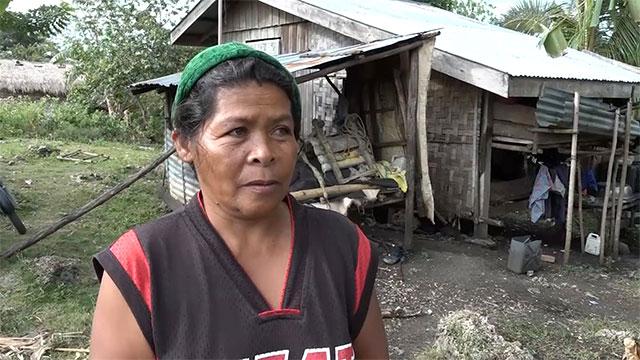
The endless conflict has made many residents feel virtually left behind in the country. That's why achieving self-rule has been a long-held dream for the local people. A high level of autonomy will be granted, with the right to collect taxes and develop natural resources. The new government will be authorized to apply a sharia-based judicial system.
Lita hopes that under the autonomous government, more money will be used to develop the area and her life will improve. She says, "I believe the new government will facilitate the distribution of electricity and water. I want it to build roads that will help children to go to school."
Autonomy may not solve all problems
But experts warn that even if the proposal is approved, there are still a myriad of problems to overcome. The biggest concern is the insurgent groups loyal to Islamic State militants. They are trying to create a stronghold in the region. Frustrations with poverty and disparity have led many young people to join such groups.
The Philippine government's recent crackdown has weakened some pro-Islamic State armed groups, such as Abu Sayyaf and the Maute Group. But more than 20 others are thought to be recruiting members under the name of Islamic State.
Many of these groups were set up by people with little schooling. The groups stress the Islamic State militants' extreme interpretation of Islam when they recruit poor residents.
The autonomous government will be under pressure to end this vicious cycle through economic development. I talked to Haji Mohammad Nazir Bin Haji Mami, the head of the international team monitoring the peace process.
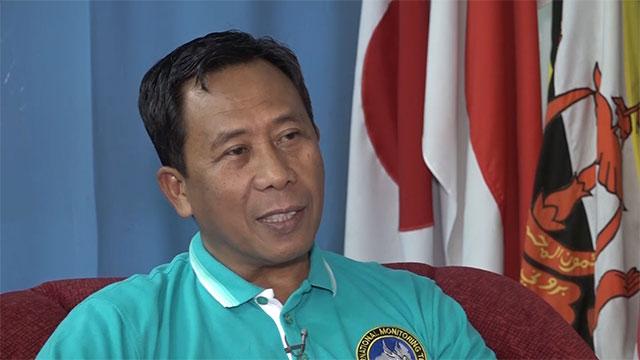
He said, "The first thing that the new government should do is to deal with education and economic development because without education, you cannot have human capital to manage or to administer or to have a good governance."
What comes next
The future of the process is unclear. It's not just rebel groups that are opposed to the autonomous government. Some local leaders appear to be against it, worried they'll lose power under the system.
Once the referendum decides the area that the autonomous government will administrate, the launch of an interim authority is planned. The autonomous government is expected to be officially established in 2022 and MILF chairman Murad will likely be named as the first chief minister.
All eyes will be on whether the process goes smoothly and whether the government swiftly proceeds with efforts to boost the economy.
